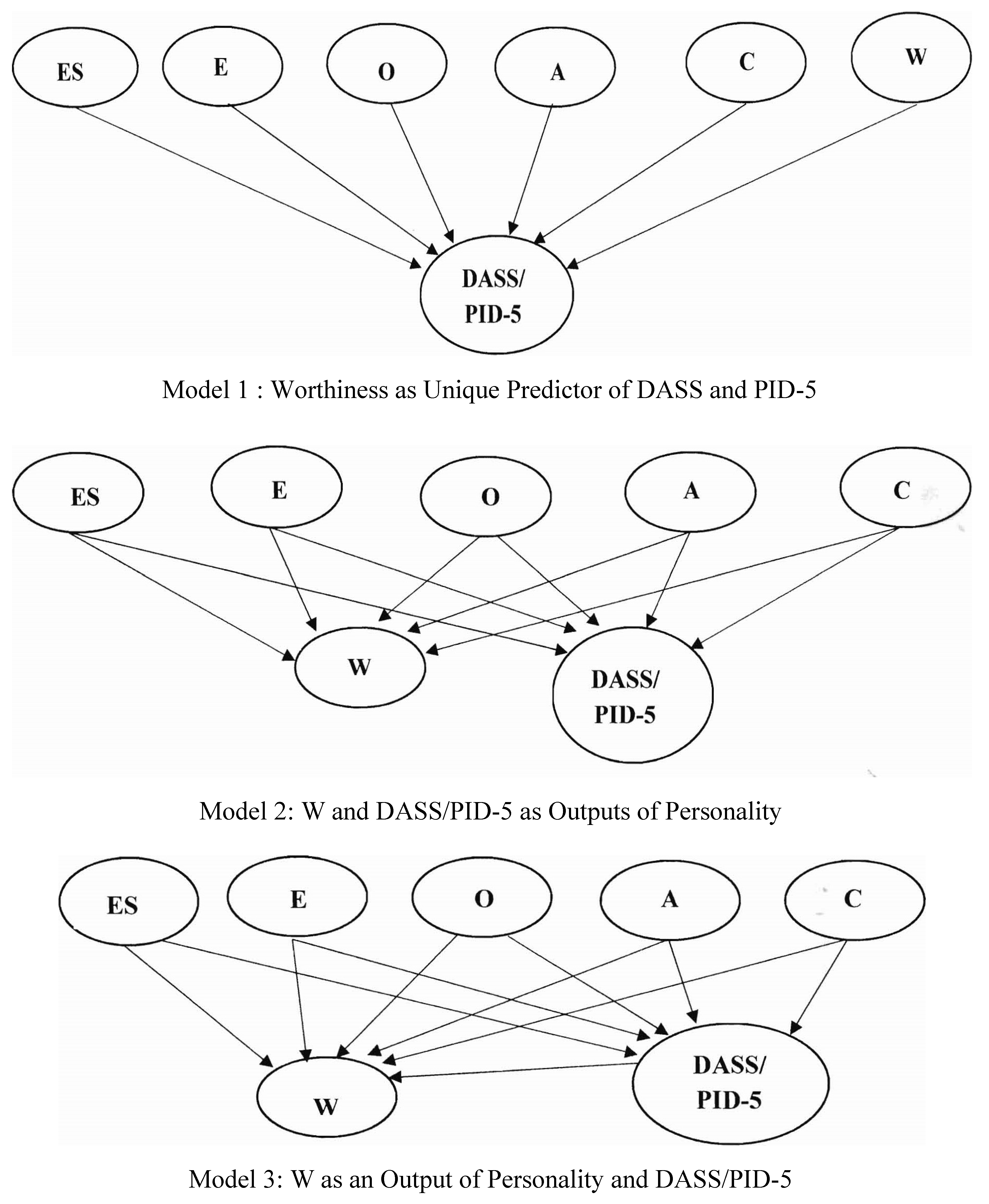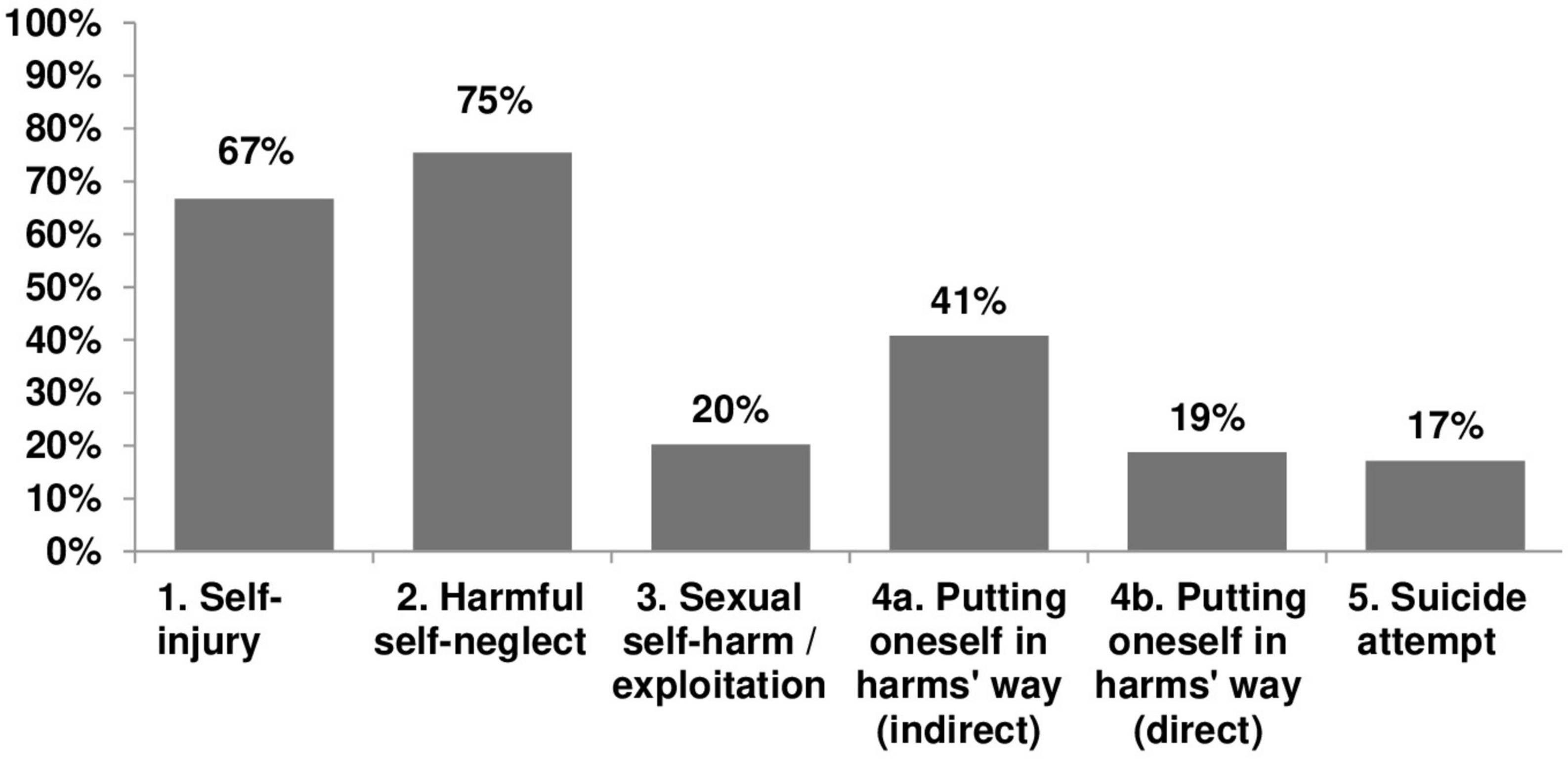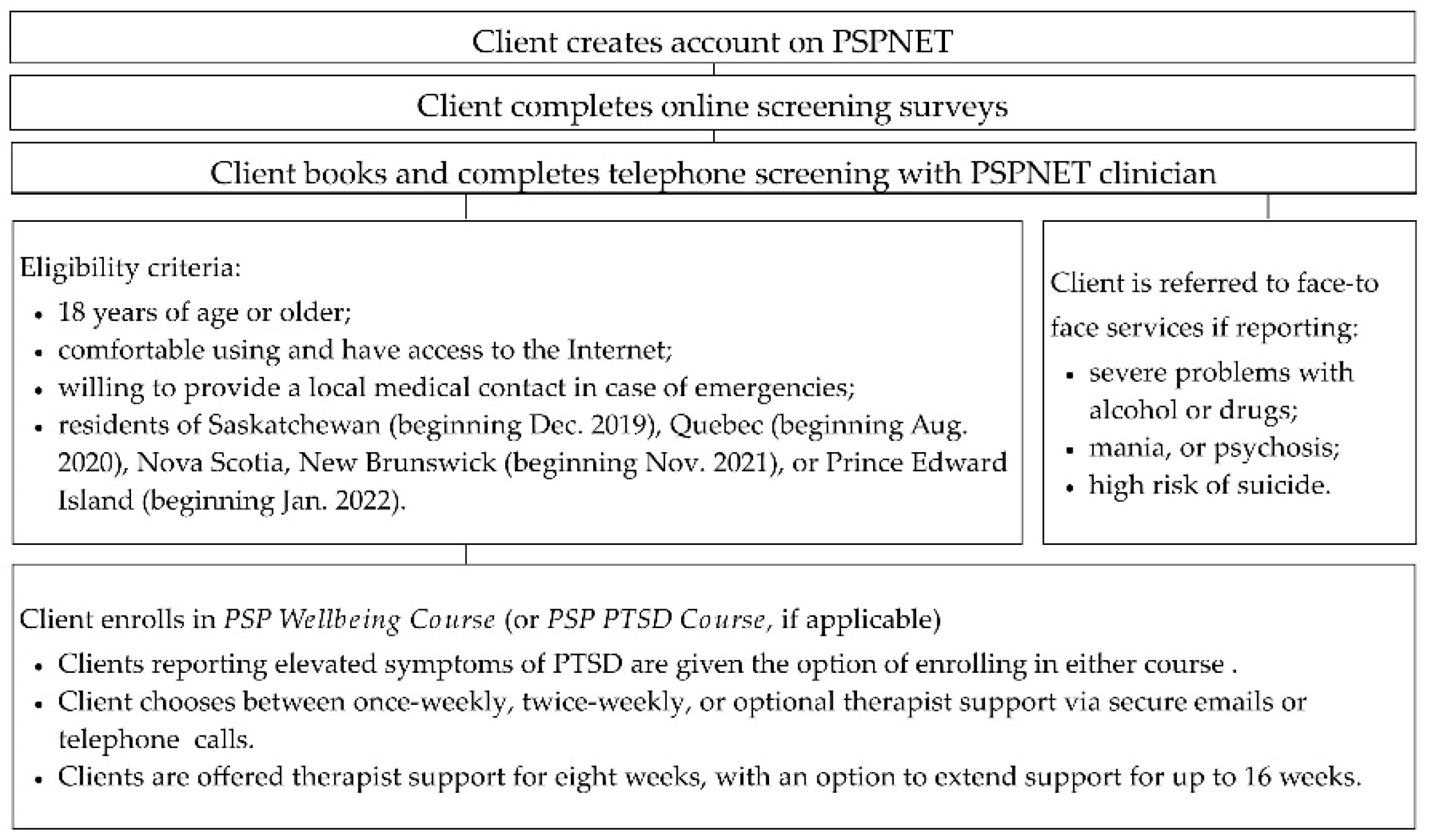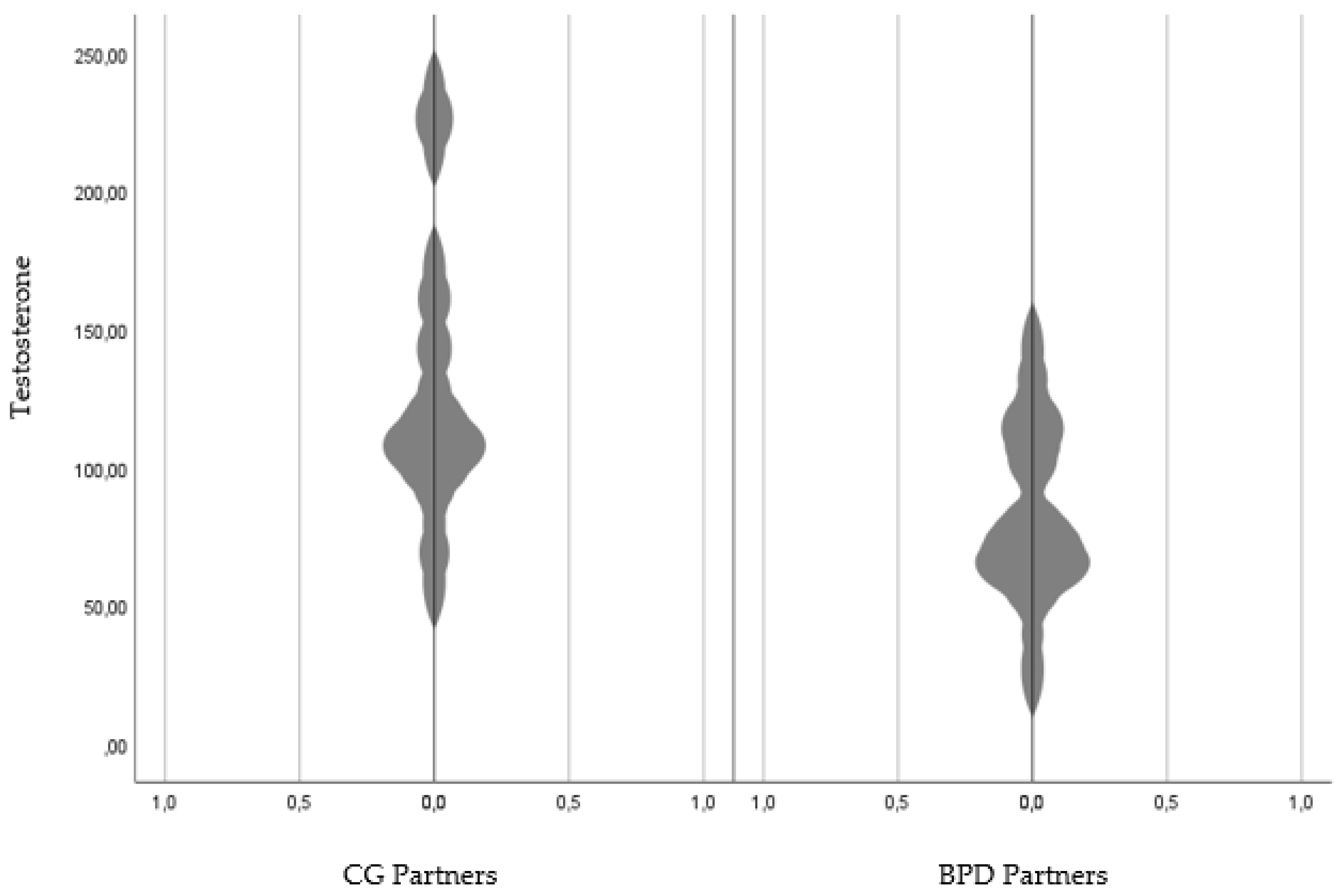Investigating the Personality Inventory for DSM-5 using self and spouse reports.
€ 36.00 · 4.7 (264) · In Magazzino
Di uno scrittore di uomini misteriosi

Two new clinical tools, the Personality Inventory for DSM-5 (PID-5) and its informant report version, the PID-5-IRF, were developed to assess personality pathology as described by the new trait-based model within Section III of DSM- 5 and good to excellent agreement between spousal reports was found between them for facets in the negative affectivity, detachment, and antagonism domains. Two new clinical tools, the Personality Inventory for DSM-5 (PID-5) and its informant report version, the PID-5-IRF, were developed to assess personality pathology as described by the new trait-based model within Section III of DSM-5. The current study used both self and spousal reports to evaluate agreement between the PID-5 and the PID-5-IRF and to determine the extent to which these measures capture personality pathology as conceptualized in Section II of DSM-5. A nonclinical sample (N = 96 individuals) of recently married couples completed the self-report PID-5, the PID-5-IRF, and the SNAP-2 to assess self-reported DSM-IV PD criteria. Analyses found good to excellent agreement between spousal reports on the PID-5 and the PID-5-IRF for facets in the negative affectivity, detachment, and antagonism domains. In addition, both the PID-5 and the PID-5-IRF each individually accounted for a significant proportion of variance in self-reported DSM-IV PD criteria. Implications for the present findings are discussed.

DSM-5 personality traits and DSM–IV personality disorders.

Utility of the Personality Inventory for DSM-5–Brief Form (PID-5-BF) in the Measurement of Maladaptive Personality and Psychopathology
Facebook Profiles Reflect Actual Personality, Not Self-Idealization - Mitja D. Back, Juliane M. Stopfer, Simine Vazire, Sam Gaddis, Stefan C. Schmukle, Boris Egloff, Samuel D. Gosling, 2010
Full article: Externalizing Behavior Through the Lens of the Five-Factor Model: A Focus on Agreeableness and Conscientiousness

Self–Other Agreement in Personality Reports: A Meta-Analytic Comparison of Self- and Informant-Report Means - Hyunji Kim, Stefano I. Di Domenico, Brian S. Connelly, 2019

Religions, Free Full-Text

PDF] Investigations into the Structural Validity and Divergent Domain Scoring Methods of the Personality Inventory for DSM-5 (PID-5)

Personality Inventory for DSM-5 (PID-5) in Clinical Versus Nonclinical Individuals: Generalizability of Psychometric Features

PDF) Personality in Adulthood: A Six-Year Longitudinal Study of Self-Reports and Spouse Ratings on the NEO Personality Inventory

Frontiers The five self-harm behavior groupings measure: empirical and thematic data from a novel comprehensive self-harm assessment

IJERPH, Free Full-Text

Behavioral Sciences, Free Full-Text